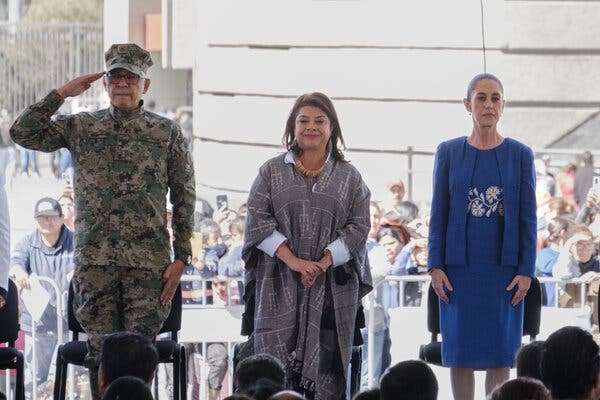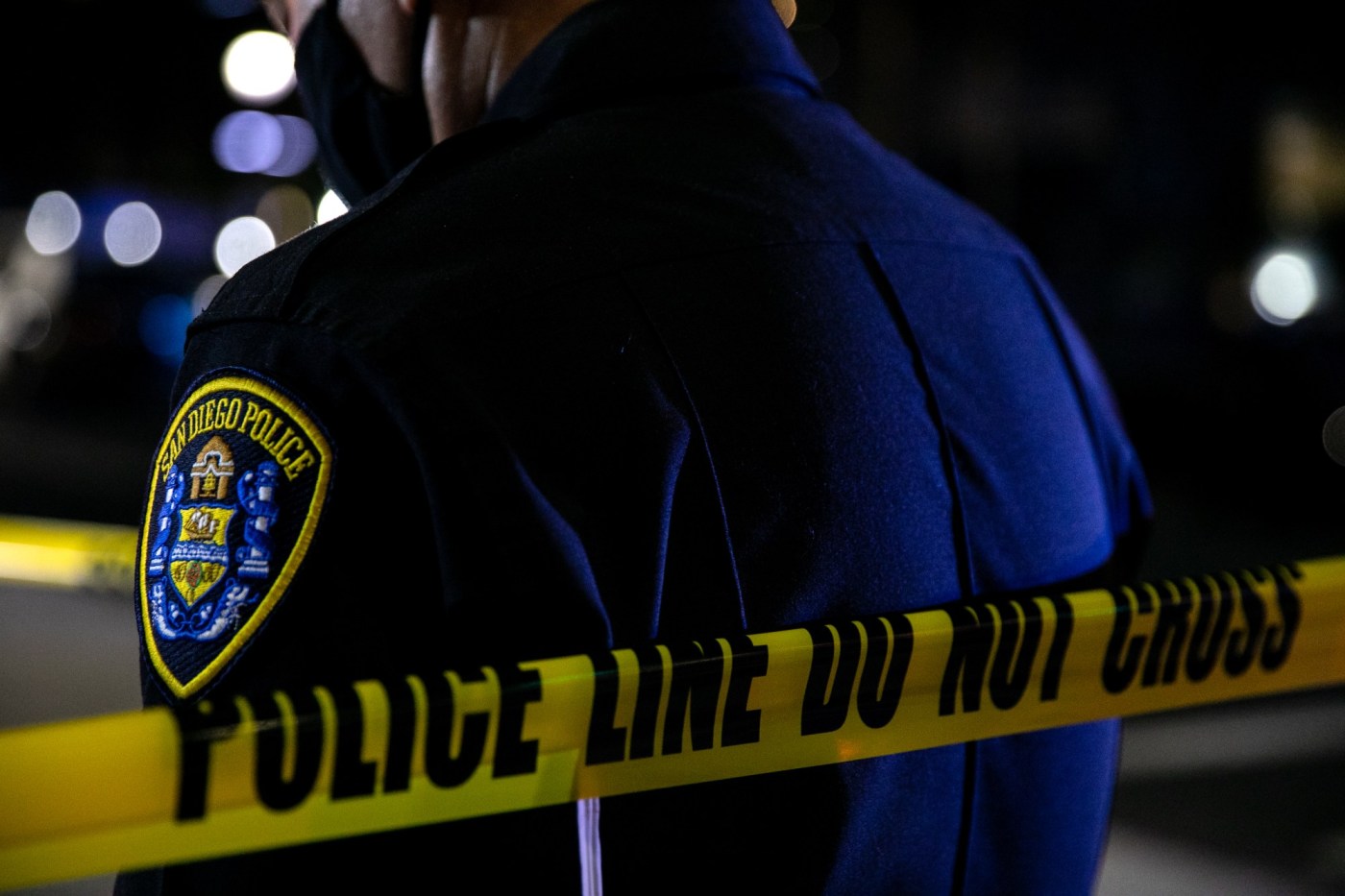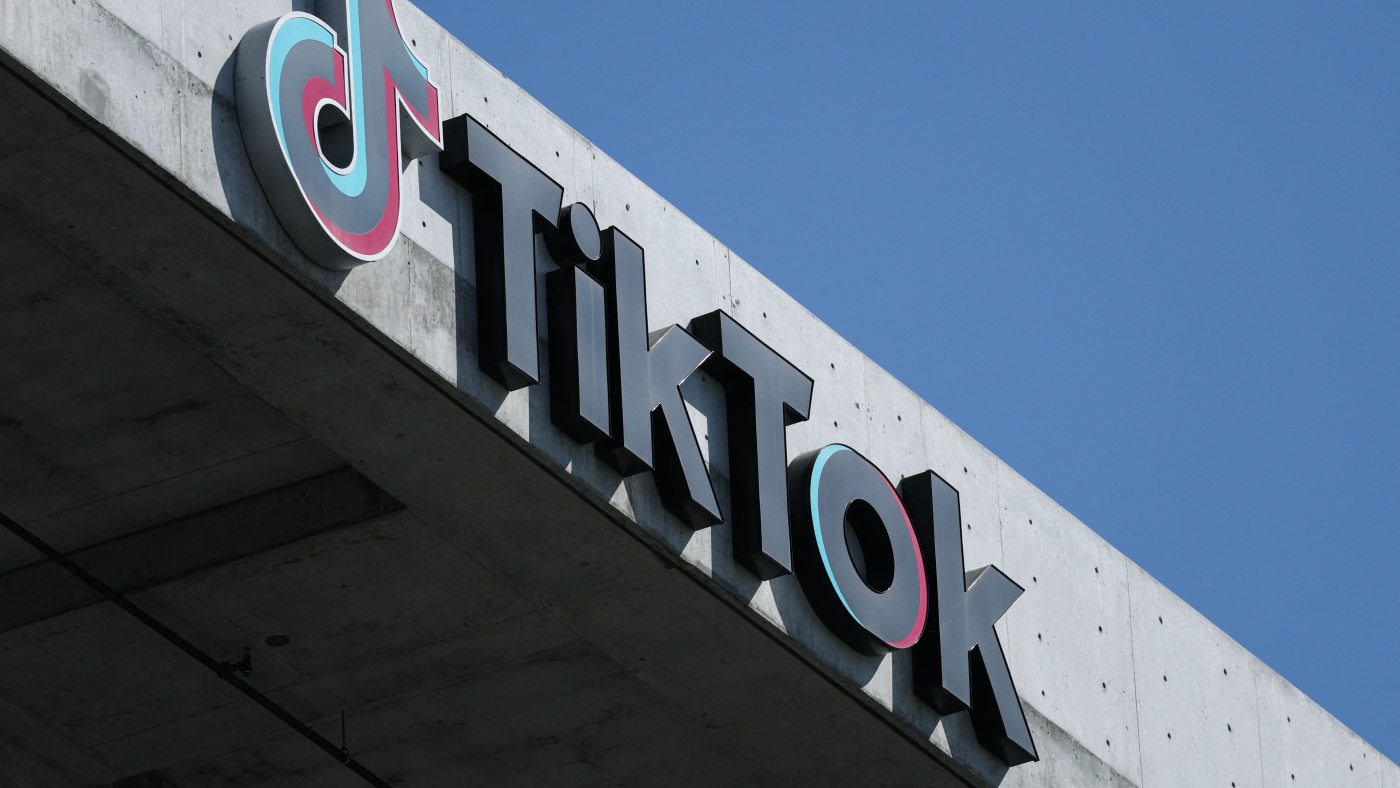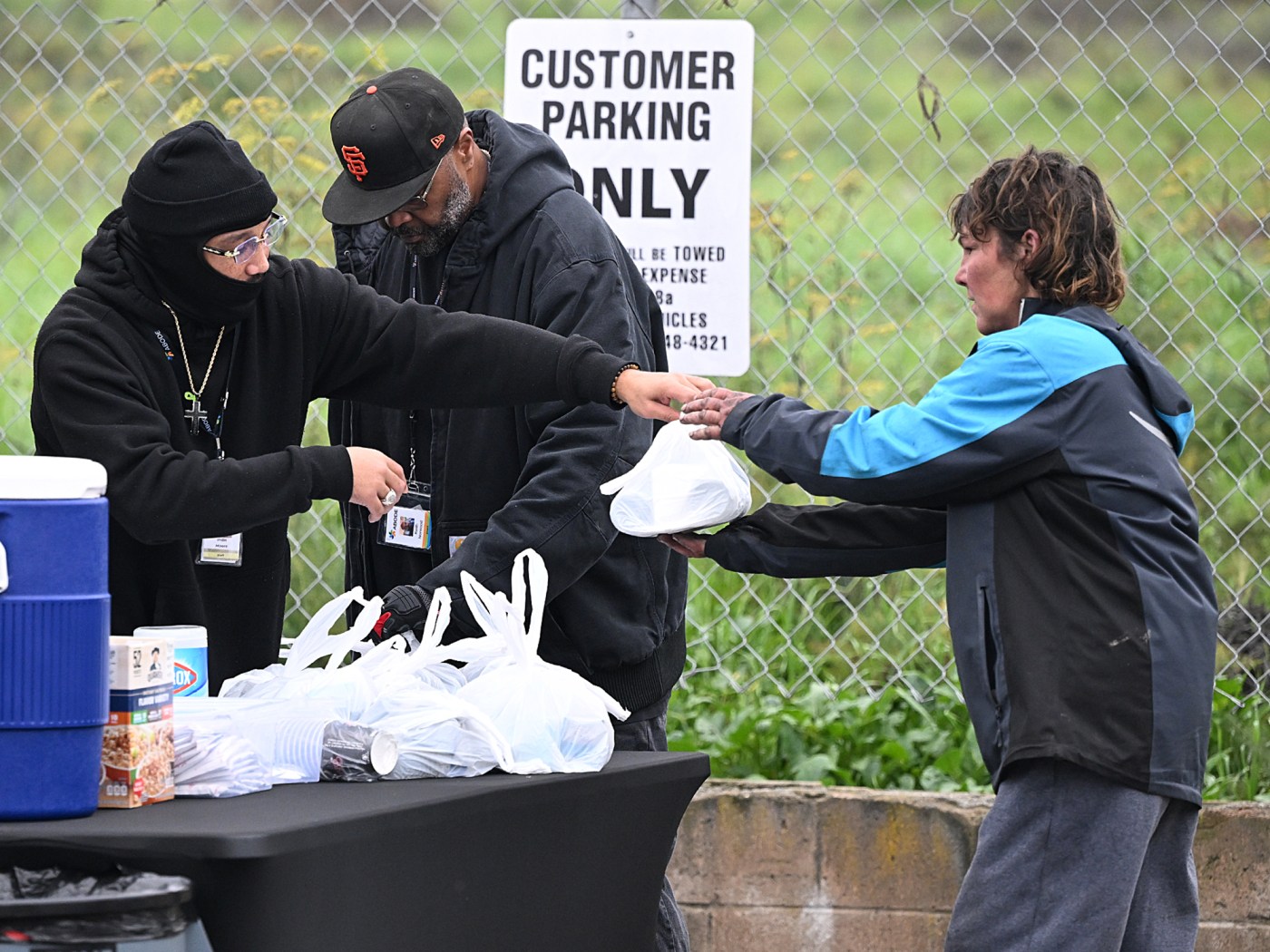Mexico and Brazil Leaders Respond to Trump’s Crime Claims

Leaders from Mexico and Brazil expressed strong disapproval on Tuesday regarding comments made by U.S. President Donald Trump, who claimed that their cities faced severe violence. This assertion arose during his announcement of a federal takeover of local police in Washington, D.C., where he compared crime rates to those in other capitals, including cities in Latin America and Iraq.
In a press conference, President Trump characterized Washington’s crime levels as comparable to “some of the places that you hear about as being the worst places on earth.” He stated that the violent crime rate in Washington exceeded that of capitals in Mexico, Brazil, Colombia, Costa Rica, Panama, Peru, and Iraq. “Do you want to live in places like that?” he asked reporters, emphasizing his concerns about security.
Shortly after Trump’s remarks, President Claudia Sheinbaum of Mexico addressed the claims, asserting that Washington’s murder rate was indeed higher than that of Mexico City. “That is true,” Sheinbaum, a former mayor of Mexico City, stated. She firmly disagreed with Trump’s assertion that her city was the most dangerous in Latin America, insisting, “because it’s not.”
In support of Sheinbaum’s stance, the current mayor of Mexico City, Clara Brugada, further criticized Trump’s characterization of the city. She argued that such views did not accurately reflect the realities of life in Mexico City, highlighting the city’s ongoing efforts to improve safety and security for its residents.
The exchange reflects not only tensions between the leaders but also differing perspectives on crime and safety in urban areas. While Trump’s comments were framed within a discussion about law enforcement and public safety in the United States, the responses from Sheinbaum and Brugada point to a broader narrative aimed at correcting misconceptions about crime in Latin America.
Both leaders emphasized their commitment to improving security and quality of life in their cities, countering the negative portrayal presented by Trump. As global cities continue to grapple with crime and safety concerns, the dialogue underscores the importance of accurate representations in international discourse.
The interaction serves as a reminder of the complexities surrounding urban safety and the need for informed discussions that respect the diverse realities of cities worldwide.






